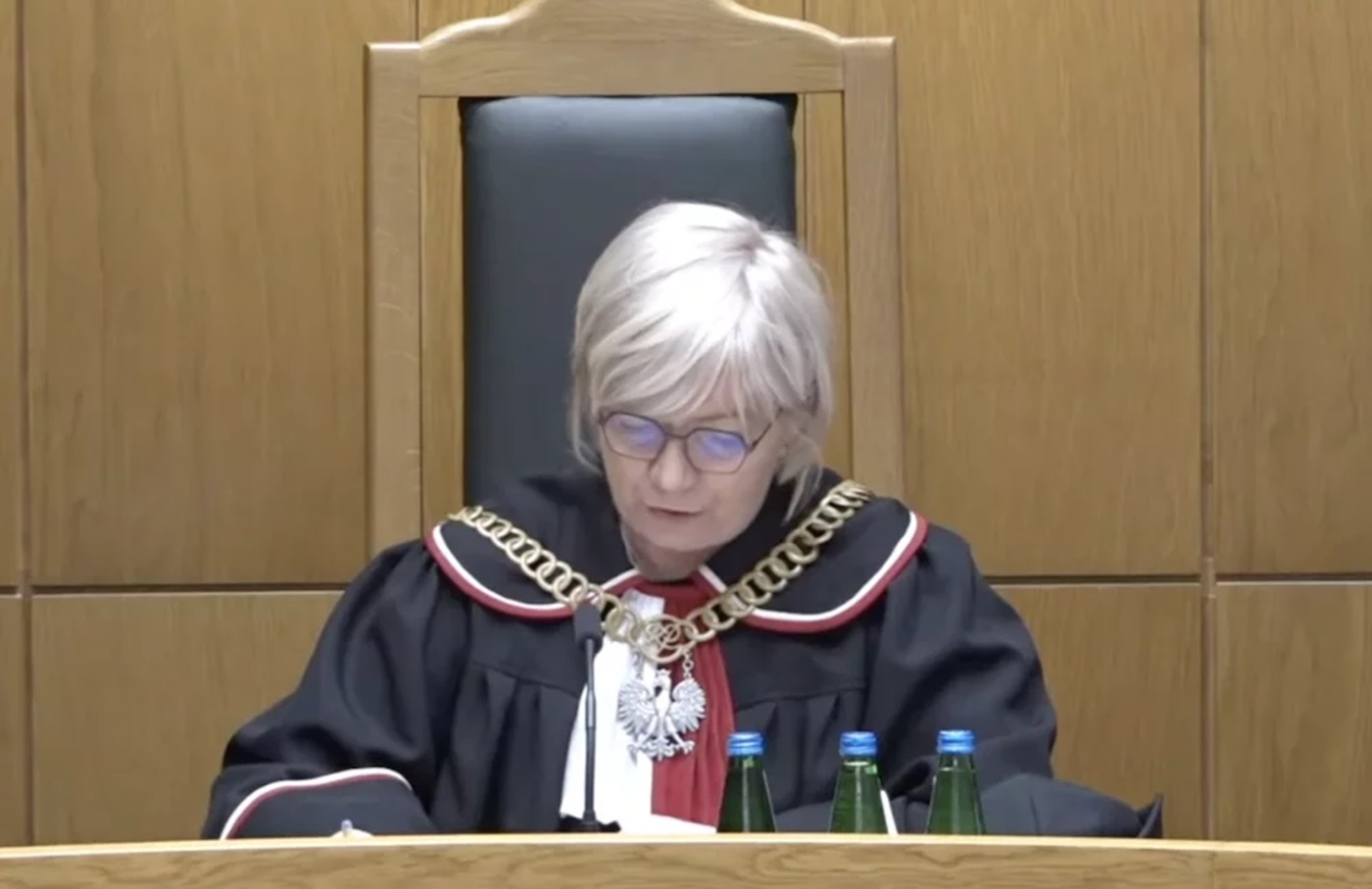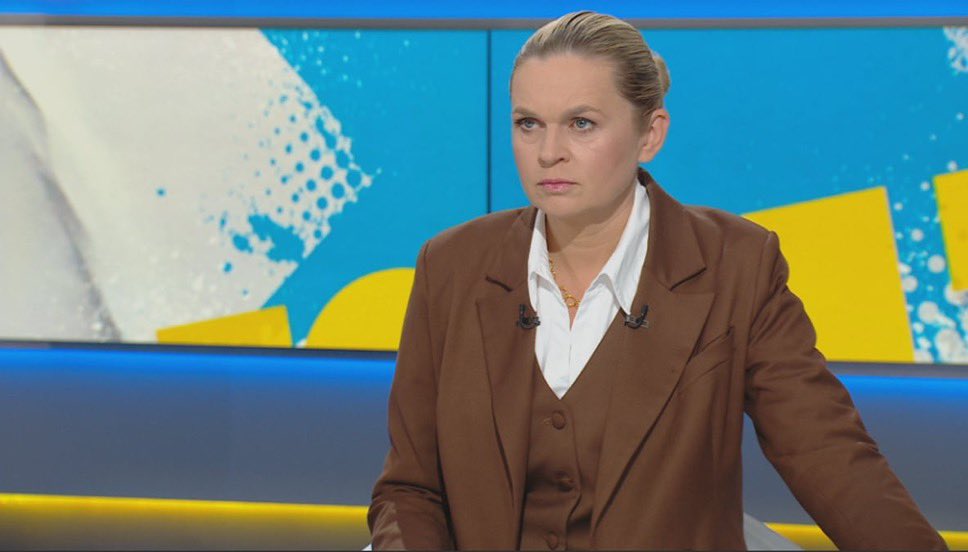
On Friday, the Sejm accepted most of the Senate's amendments on the 2 key improvement laws ‘Constitutional Court‘. The improvement is intended to repair the functioning of the TK after years of PiS rule, but its destiny now lies in the hands of president Andrzej Duda. Will he sign the bill? Or will he reject the changes, leaving the Court in the hands of the present judges? Let's follow up on the latest developments and possible scenarios.
Key changes in the Constitutional Tribunal
One of the laws approved by the Sejm is new Constitutional Court Act, which introduces fresh rules for the functioning of the Court and the way in which its judges are elected. Second Act concerning implementing provisions, is intended, inter alia, to dismiss Julia Przyłębska from her post and to annul judgments handed down with the alleged "dublers". This change has deep implications – the Court's judgments, including the loud abortion judgement of 2020, may be declared invalid.
However, despite the support of the legislature majority, there are many indications that president Andrzej Duda will not decide to sign these laws.
Political controversy and debate
The debate on the fresh rules highlighted deep political divisions. PiS politicians, including Senator Anna Boguck, criticised the laws as the expression “revenge for the PiS”, stressing that the TK would be subject to the fresh ruling coalition. Senator Krzysztof Kwiatkowski, on the another hand, accused the Law and Justice that they "leave the burnt land" and the Court became a tool for achieving the political goals of this party.
It is worth adding that Parliamentary Committee on Justice and Human Rights recommended the adoption of most of the amendments tabled by the Senate. As Mr Patryk Jaskulski pointed out:
‘It is simply a reset of the Court. It is simply a repair of constitutional order, but introduced through compromise alternatively than revolution."
Main amendments: Transparency and apoliticalism
The changes adopted included key provisions aimed at expanding the transparency of the Court's work. The property statements of the judges will be public, which is to prevent the hiding of assets – which, as Senator Kwiatkowski suggested, took place in the past. Another crucial change is the introduction of a safety mechanics in case the president refuses to accept an oath from a legally elected justice – the oath could be made notarically.
However, the biggest discussion was caused by the provision concerning the annulment of judgments issued with the participation of "dublers". The Act assumes that more than 80 judgments, including that abortion sentence, will be declared invalid. Senator PiS Michał Seweryński argued:
‘The TKs are of common force and are final. They must so be respected.”
Senator Jacek Trela of Poland 2050 argued:
“These are not judgments, but decisions given with the participation of persons not entitled to judgment.”
The future of the Court – scenarios
The current rules are besides intended to amend the election of fresh judges to the Court. The improvement forces the full political class to dialog and compromise as a qualified majority of 3 fifths of the vote will be required to elect judges. This means that both government and opposition will be needed to appoint fresh judges.
In December the word of office of 3 TK judges, including 1 of the doubles, Mariusz Muszyński, expires. At the end of the year, Presidents Julia Przyłębska and Piotr Pszczółkowski will besides leave the Court, and in the spring of next year – Zbigniew Jędrzejewski.
If president Duda does not sign the bill, the coalition plans to return to the subject after next year's presidential election. There is besides the anticipation of further attempts to limit the function of the current Court, including by reducing its budget or boycotting the election of fresh judges.
Summary
Reform of the Constitutional Tribunal is 1 of the most crucial topics in Polish policy of fresh months. Her destiny now depends on the President's decision. His rejection of the bill would mean further controversy around the TK, as well as a likely return to the subject after the presidential election. Moreover, even if the improvement had entered into force, it would not have solved all the problems with the functioning of the Court, including those of judges elected by the Law and Justices.
Discussions on the Court show how profoundly divided the Polish society is and how hard it will be to find a compromise that will satisfy all parties to the dispute.
More here:
Does the improvement of the Przyłębska Court have a chance to implement?















